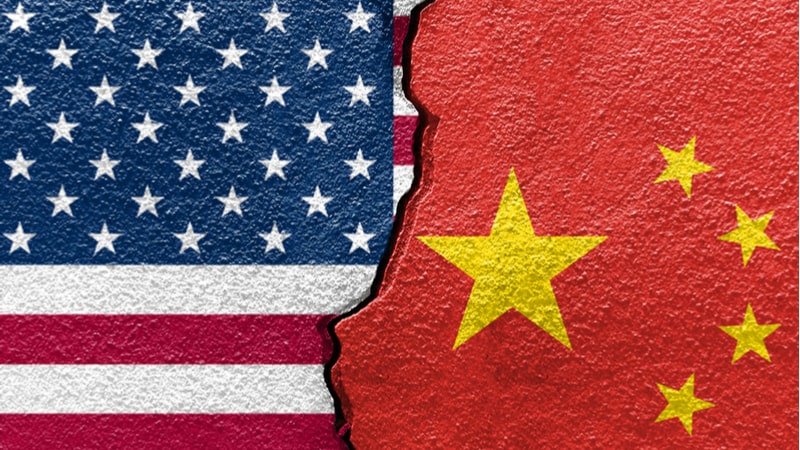
The National Counterintelligence and Security Center (NCSC) announced that it will prioritize industry outreach efforts in U.S. technology sectors as they relate to economic and national security, including tech-heavy areas such as AI, bio-economy, autonomous systems, quantum information science and technology, and semiconductors.
NCSC laid out its thinking and outreach plans in a fact sheet titled: Protecting Critical and Emerging U.S. Technologies from Foreign Threats.

“As mandated by Congress, a core NCSC mission is to conduct counterintelligence (CI) outreach to the U.S. private sector, academic and research communities, as well as other external stakeholders to arm them with information about foreign intelligence threats to their organizations and ways to mitigate risk,” NCSC wrote. “NCSC, a center within the Office of the Director of National Intelligence responsible for leading and supporting the CI and security activities of the U.S. Government, routinely partners with other federal agencies in conducting outreach to industry.”
The fact sheet highlights the U.S.’ growing challenges from “strategic competitors who recognize the economic and military benefits” of emerging technologies and have enacted strategies to gain ground in those areas.
Among those strategic competitors, NCSC points to the People’s Republic of China (PRC) and Russia. Currently, the PRC ranks as the primary competitor to the U.S. due to its “well-resourced and comprehensive strategy to acquire and use technology to advance its national goals,” NCSC said. Among concerns with China are goals for technology transfers and intelligence gathering through the government’s Military-Civil Fusion Policy, and a National Intelligence Law that requires all Chinese entities to share technology and information with PRC military, intelligence and security services.
Finally, the fact sheet details steps that organizations can take to mitigate counterintelligence risks, as well as what individuals can do. Among steps organizations can take include:
- Identifying, prioritizing, and committing to protecting your organization’s crown jewels;
- Knowing who you are doing business with;
- Instituting comprehensive, enterprise-wide security at your organization;
- Strengthening cybersecurity and hygiene;
- Implementing insider threat programs;
- Maintaining a list of unexplained events or anomalies; and
- Maintaining enduring connectivity to the U.S. government on current threat information and security best practices.
NCSC said that individuals need to: be wary of foreign-sponsored talent recruitment programs; take care of personal cyber hygiene; be smart with social media use; and be careful when traveling abroad.
